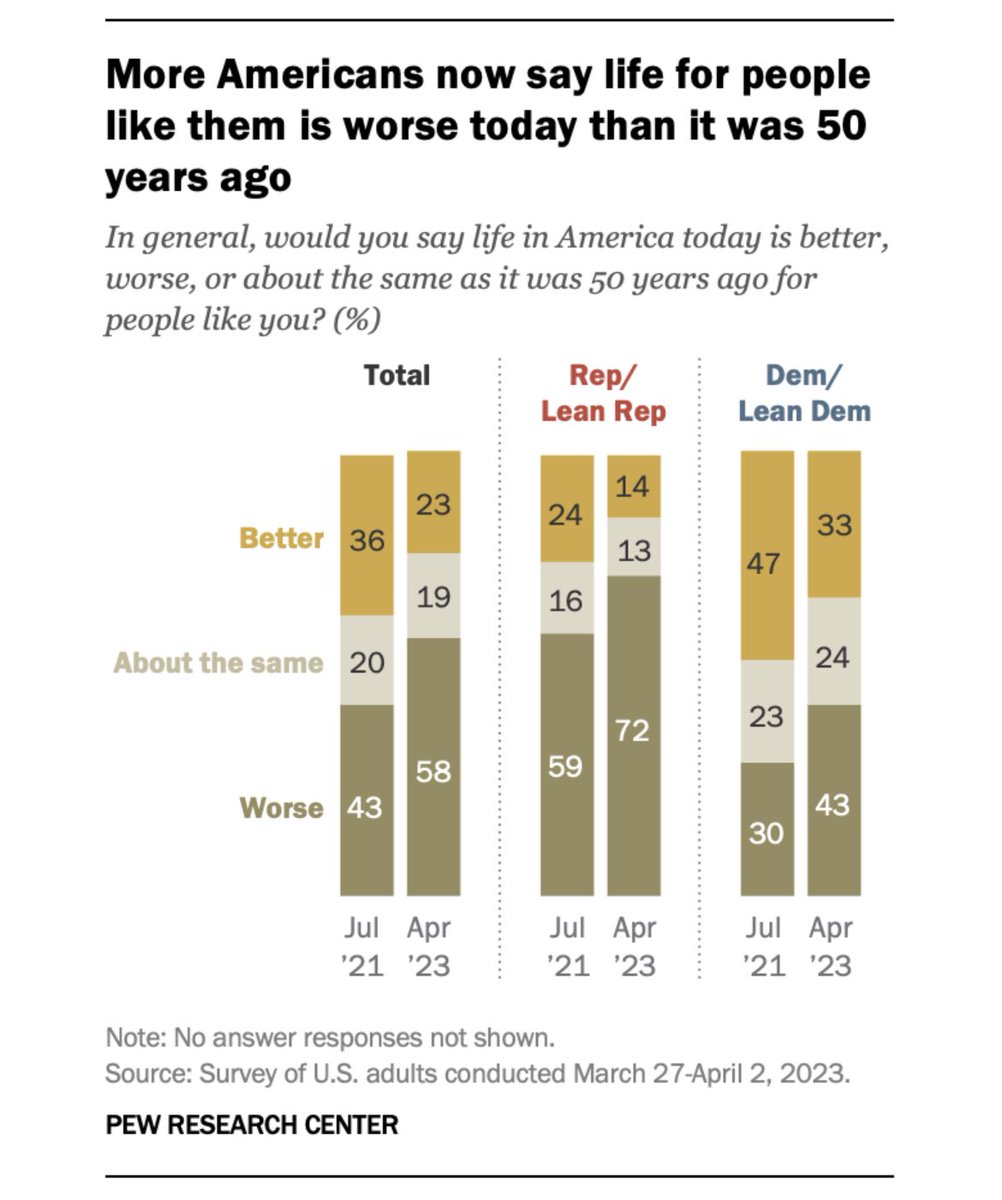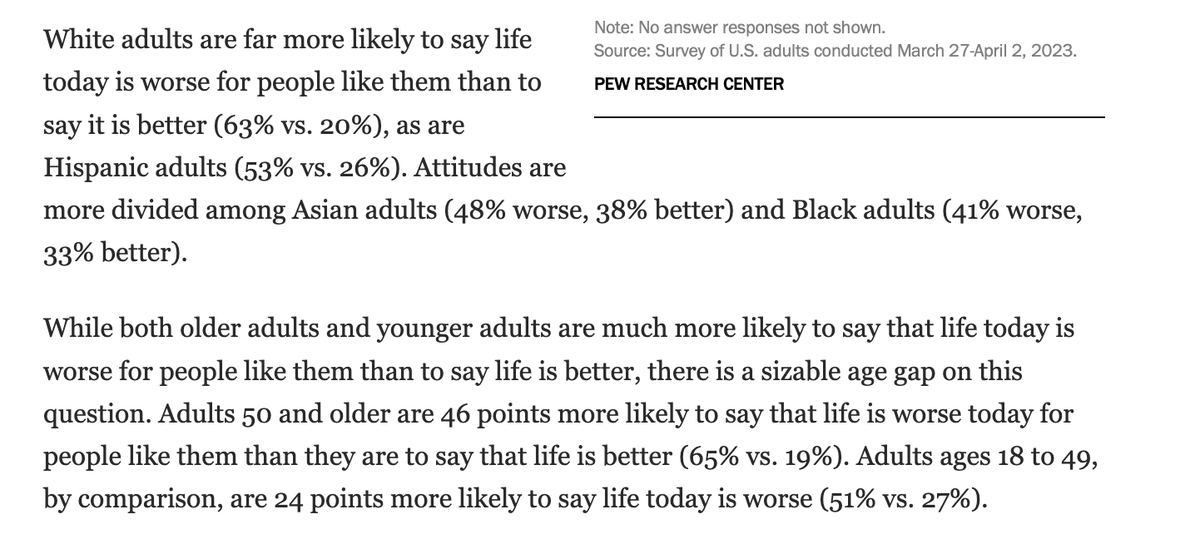What can an unfree society teach you about freedom?
In 6+ years living in China as a journalist, I was informed on, spied on, tailed when traveling.
This is nothing compared to what Chinese go through if targeted.
Here are 14 lessons—and warnings—that many need to hear:
In 6+ years living in China as a journalist, I was informed on, spied on, tailed when traveling.
This is nothing compared to what Chinese go through if targeted.
Here are 14 lessons—and warnings—that many need to hear:

People will adapt to oppression sooner than they will rebel.
It's human nature to seek the path of least resistance.
There's a reason that subversives tend to be social misfits.


It's human nature to seek the path of least resistance.
There's a reason that subversives tend to be social misfits.


The most effective censorship is first legal, then social, then internal.
Once people have learned to avoid certain topics ("that's too sensitive"), they cease to have anything to say on it.
Once people have learned to avoid certain topics ("that's too sensitive"), they cease to have anything to say on it.

A repressive system makes selfish behavior rational.
When the law is seen as an instrument of coercion, and enforcement is selective, a reasonable response is to ignore the law.
This is why much of daily life in China felt paradoxically free.


When the law is seen as an instrument of coercion, and enforcement is selective, a reasonable response is to ignore the law.
This is why much of daily life in China felt paradoxically free.


Ruining 1 person who threatens the regime sends a message that will be heard by 10,000.
"Kill the chicken to scare the monkeys" is the old Chinese expression.
Bring down a powerful person, intimidate society.


"Kill the chicken to scare the monkeys" is the old Chinese expression.
Bring down a powerful person, intimidate society.


If you can limit the words people use, you can limit the thoughts they think.
Since despots can never limit speech completely, they seek ever-more intrusive methods of intervention.
Chat software wouldn't let you send certain words.
Even workarounds were banned.
Since despots can never limit speech completely, they seek ever-more intrusive methods of intervention.
Chat software wouldn't let you send certain words.
Even workarounds were banned.

Even decent people will choose to be blind if seeing injustice would hurt their interests.
We're all prey to this.
Only those with nothing to lose—and the rare great soul—will stick out their necks when another has run afoul of the system.


We're all prey to this.
Only those with nothing to lose—and the rare great soul—will stick out their necks when another has run afoul of the system.


If the government lies, many will still accept it as true because of the authority of the office.
It's very difficult to accept that someone you believe should be respected is willing to deceive you.
It's very difficult to accept that someone you believe should be respected is willing to deceive you.

Destroying a people's cultural & religious identity, severing them from their history, punishing their defenders, and making them ashamed of who they are, is a brutally effective way to annihilate a threat.
Ever wonder why Hollywood stopped talking about Tibet?


Ever wonder why Hollywood stopped talking about Tibet?


The goal of an unfree system is to protect itself by transferring your distrust of the state to fellow citizens.
Making you mistrust, suspect, and undermine your neighbors is its great defense.
"Divide and conquer" works at home.


Making you mistrust, suspect, and undermine your neighbors is its great defense.
"Divide and conquer" works at home.


In an unfree society, the wealth and privileges amassed by politicians become state secrets.
Protected from the threat of exposure, politicians do not hesitate to sell the public's interests to those who make them rich.


Protected from the threat of exposure, politicians do not hesitate to sell the public's interests to those who make them rich.


If the government shows it has your interests at heart, many are happy to trade freedoms for it.
The state can earn immense goodwill so long as people believe it is working to make life better for them.
In a society long used to suffering, change is good.
The state can earn immense goodwill so long as people believe it is working to make life better for them.
In a society long used to suffering, change is good.

Corruption corrupts everything.
Once people know the privileged have taken shortcuts, they are justified in seeking shortcuts themselves.
The less freedom you have, the less responsibility you feel.
Once people know the privileged have taken shortcuts, they are justified in seeking shortcuts themselves.
The less freedom you have, the less responsibility you feel.

Even politicians who fight like dogs will protect one another against the people.
This is because they live by different laws. Corruption is inevitable. If one is exposed, they all are.


This is because they live by different laws. Corruption is inevitable. If one is exposed, they all are.


History must continually be rewritten to serve the purposes of the present.
Yesterday's villains become today's heroes. Yesterday's heroes are dragged through the mud.
The people must play along as if nothing has happened.
Yesterday's villains become today's heroes. Yesterday's heroes are dragged through the mud.
The people must play along as if nothing has happened.

None of this is unique to China, of course. In daily life, people I met were warm, dynamic, optimistic. I still miss many things since leaving in 2018.
But the lessons have stayed with me.
Freedom is a fragile thing.
But the lessons have stayed with me.
Freedom is a fragile thing.
Found this thought-provoking?
Please give it a share and follow @bfcarlson. Subscribe to my newsletter for more. bfcarlson.com
Please give it a share and follow @bfcarlson. Subscribe to my newsletter for more. bfcarlson.com
• • •
Missing some Tweet in this thread? You can try to
force a refresh

 Read on Twitter
Read on Twitter












